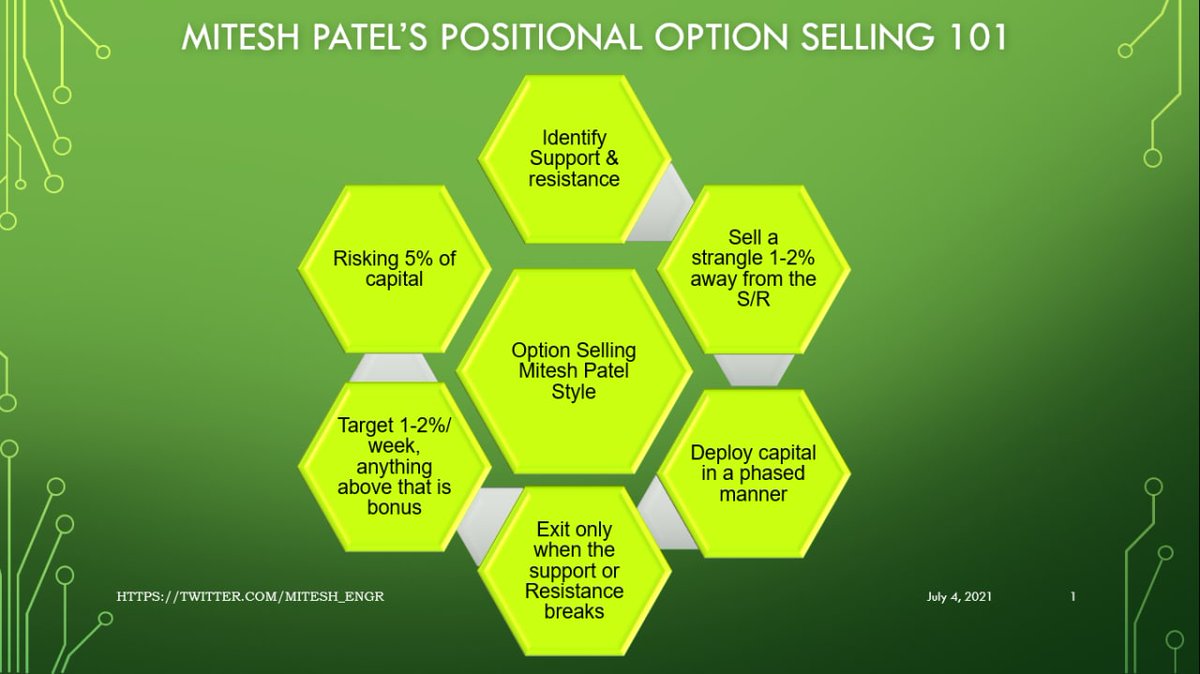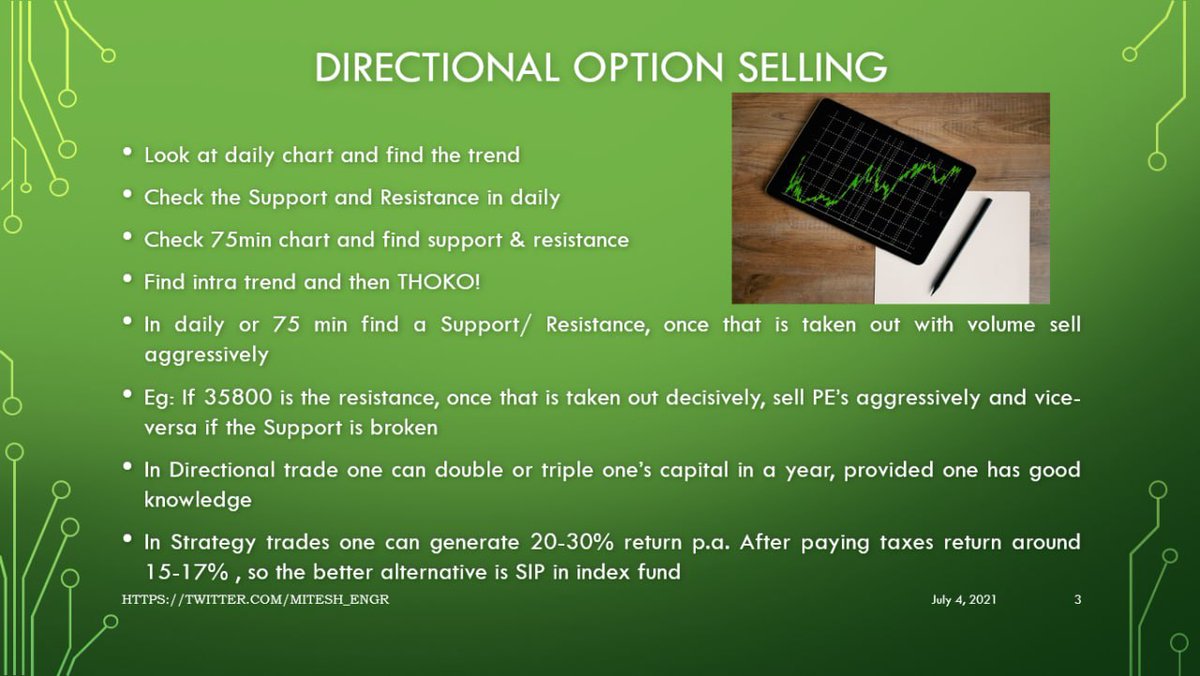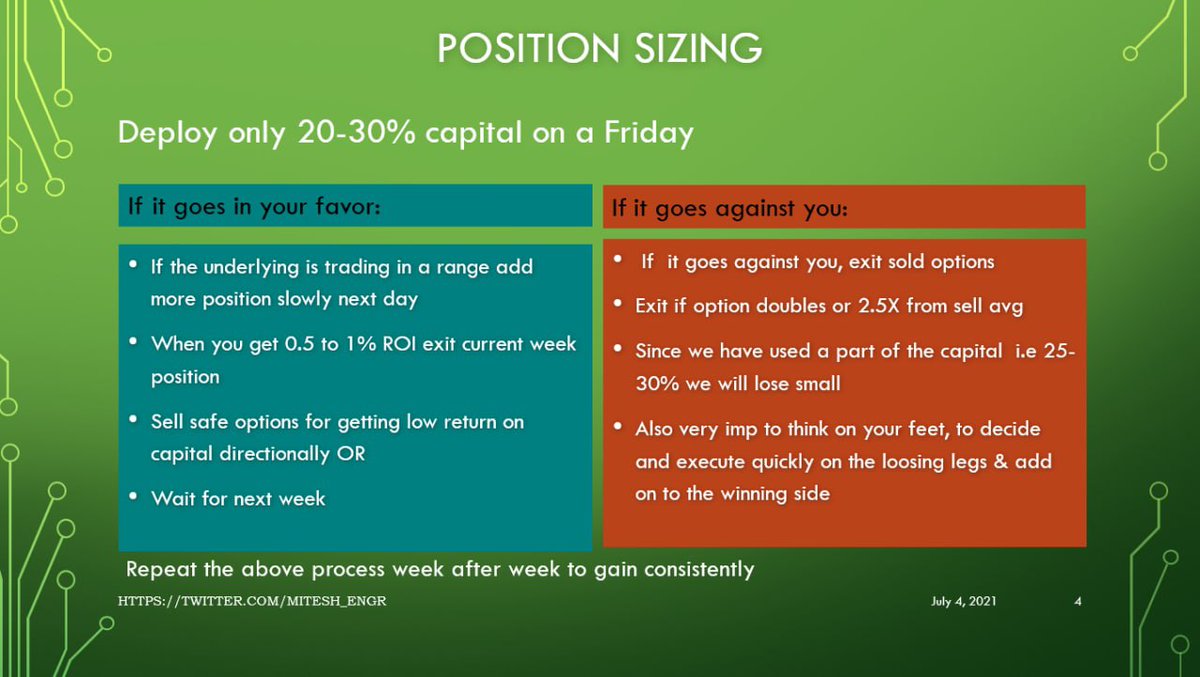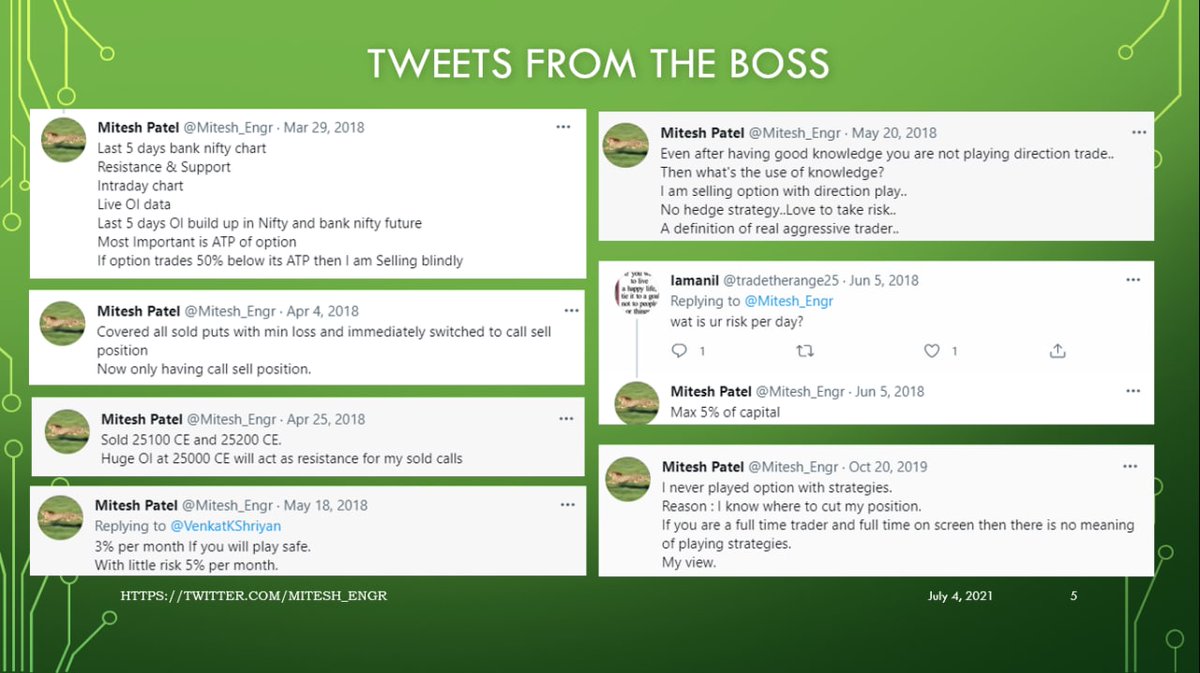A short personal reflection on what happened yesterday.
I wanted to wait a bit before saying this as I think yesterday was for those who experienced the sharpest end of the disastrous breakdown between the Labour Party and Jewish people during the past 5 years.

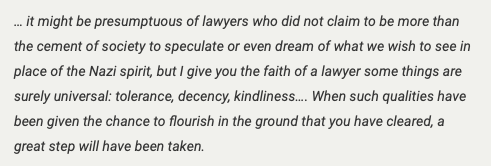
More from Adam Wagner
A short thread on why I am dubious that the government can lawfully impose charges on travellers entering the UK for quarantine and testing (proposed at £1,750 and £210)
1/
The UK has signed up to the International Health Regulations (IHA) 2005. These therefore create binding international legal obligations on the UK.
The IHA explicitly prevent charging for travellers' quarantine or medical examinations.
https://t.co/n4oWE8x5Vg /2
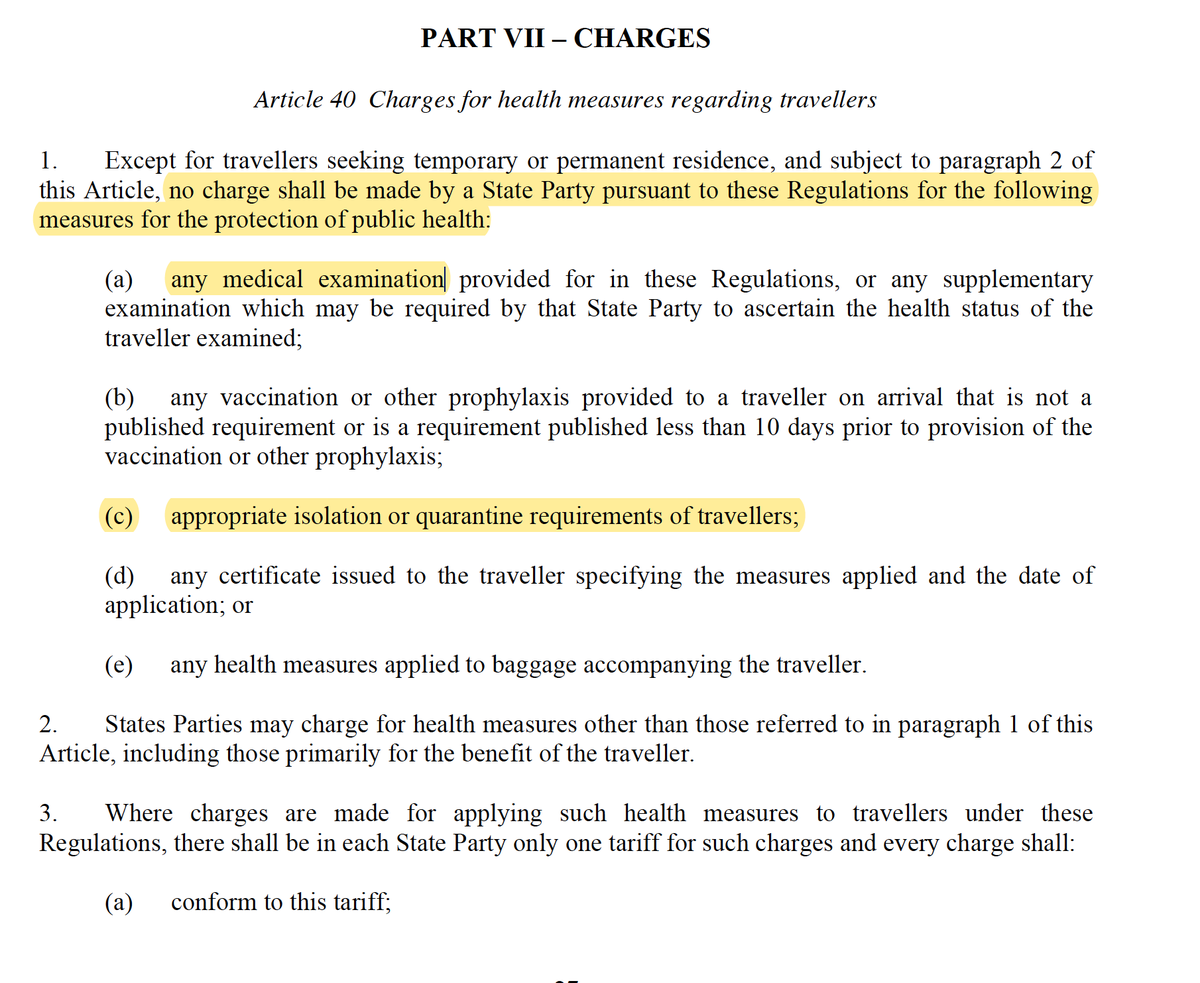
International law is not actionable in a UK court unless it has been implemented in law.
But it can be used as an aide to interpretation where a statute isn't clear as to what powers it grants.
See e.g. Lord Bingham in A v SSHD https://t.co/RXmib1qGYD
/3

The Quarantine regulations will, I assume, be made under section 45B of the Public Health (Control of Disease) Act 1984
https://t.co/54L4lHGMEr
/4
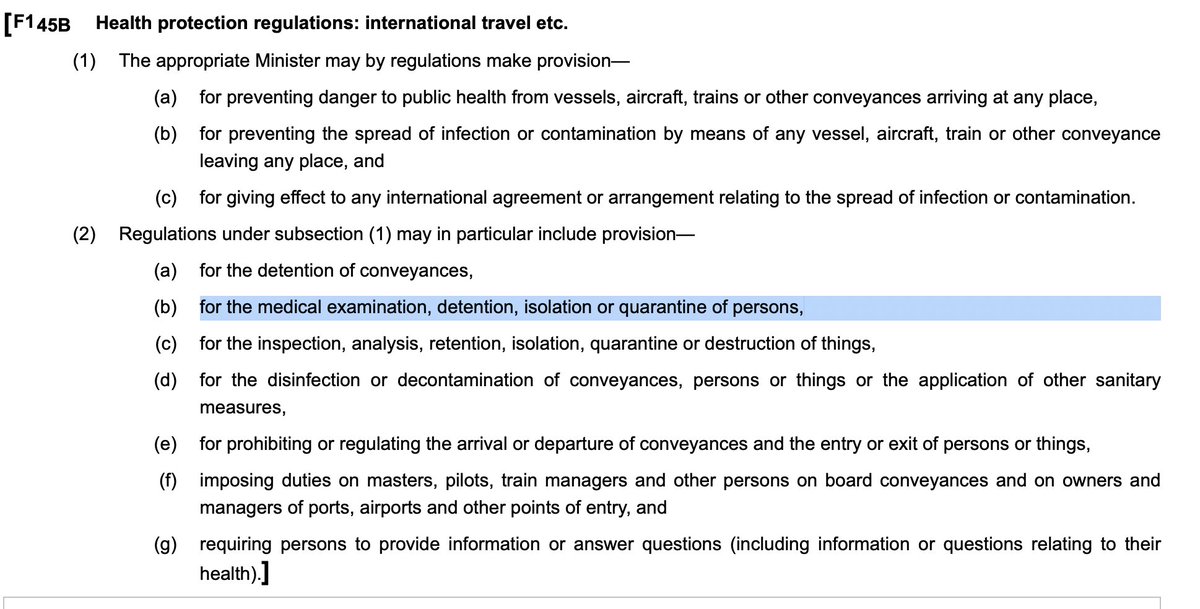
That gives pretty broad powers but I can't see any power to charge for quarantine. Perhaps it will be inferred from somewhere else in Part 2A?
But...
1/
The UK has signed up to the International Health Regulations (IHA) 2005. These therefore create binding international legal obligations on the UK.
The IHA explicitly prevent charging for travellers' quarantine or medical examinations.
https://t.co/n4oWE8x5Vg /2

International law is not actionable in a UK court unless it has been implemented in law.
But it can be used as an aide to interpretation where a statute isn't clear as to what powers it grants.
See e.g. Lord Bingham in A v SSHD https://t.co/RXmib1qGYD
/3

The Quarantine regulations will, I assume, be made under section 45B of the Public Health (Control of Disease) Act 1984
https://t.co/54L4lHGMEr
/4

That gives pretty broad powers but I can't see any power to charge for quarantine. Perhaps it will be inferred from somewhere else in Part 2A?
But...
🚨Important changes to lockdown/self-isolation regulations from 5pm
The Health Protection (Coronavirus, Restrictions) (All Tiers and Self-Isolation) (England) (Amendment) Regulations 2021
£800 'house party' FPN & police can now access track & trace data
https://t.co/k9XCpVsXhC
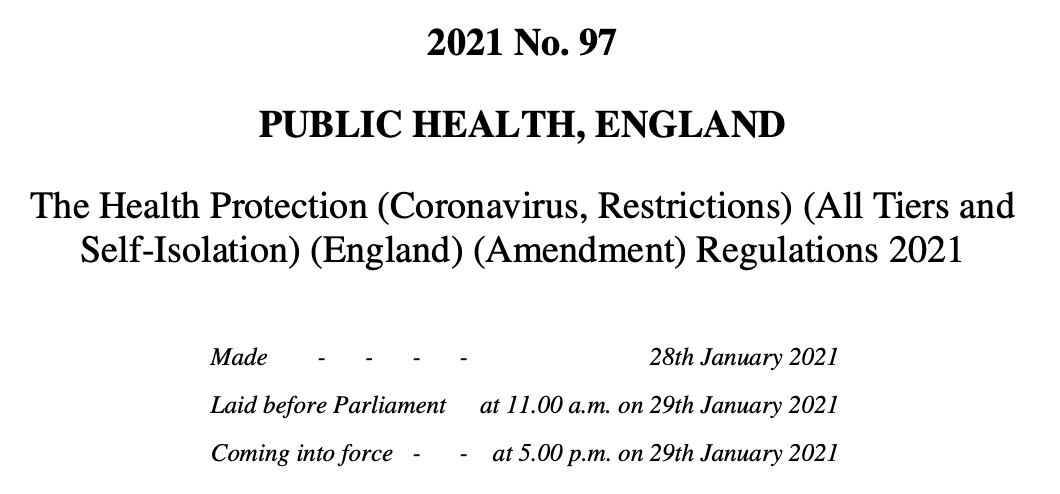
“Large gathering offence”
As trailed by Home Secretary last week there is now a fixed penalty notice of £800 (or £400 if you pay within 14 days) for participating in an gathering of over 15 people in a private residence
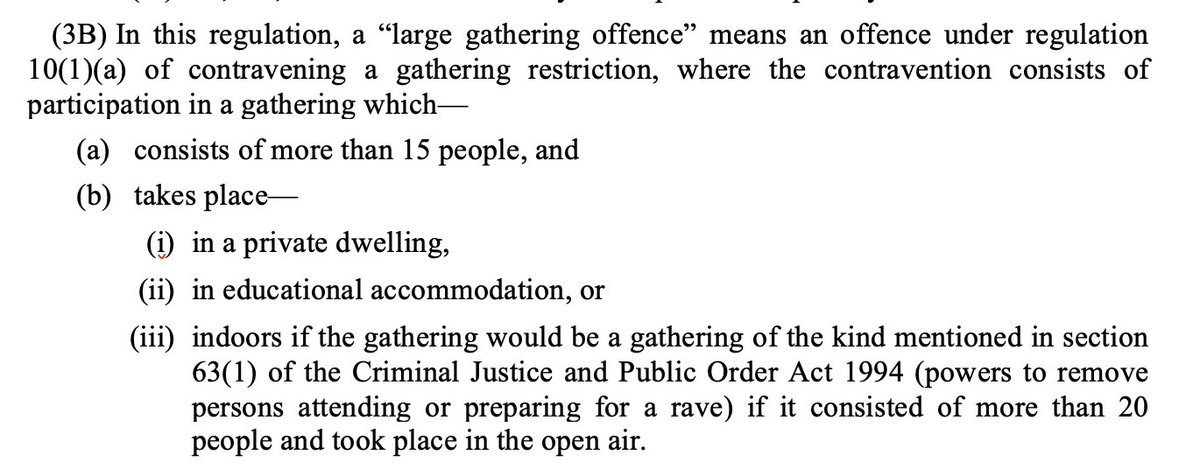
Fixed Penalty Notices double for each subsequent “large gathering offence” up to £6,400
Compare:
- Ordinary fixed penalty notice is £200 or £100 if paid in 14 days
- Holding or being involved in the holding of a gathering of over 30 people is £10,000
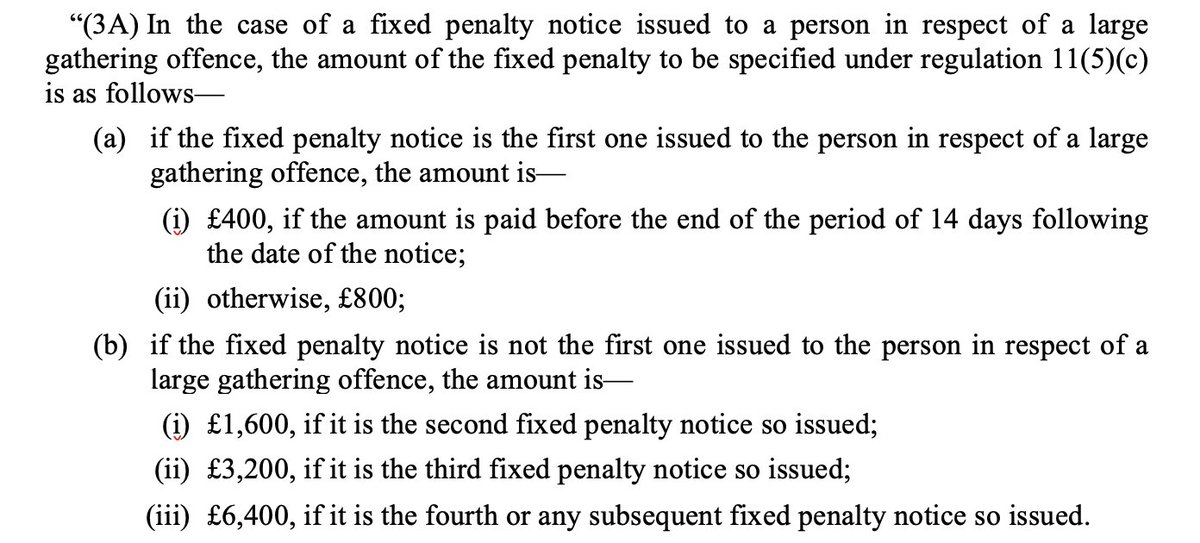
Second big change:
Since September has been a legal requirement to sell-isolate if you test positive/notified by Track & Trace of exposure to someone else who tested positive
Police can now be given access to NHS Track & Trace data if for the purpose of enforcement/prosecution
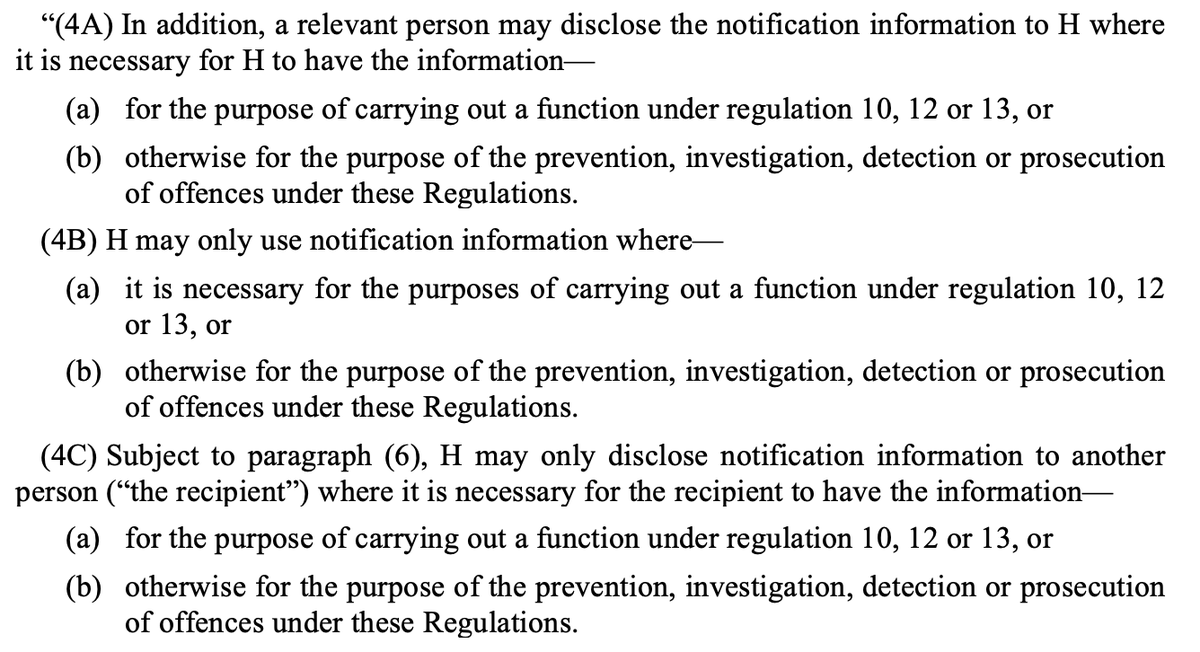
This will make it easier for police to enforce people breaking self-isolation rules. Currently there has been practically no enforcement.
Data says only a small proportion of people meant to be self-isolating are fully doing so.
The Health Protection (Coronavirus, Restrictions) (All Tiers and Self-Isolation) (England) (Amendment) Regulations 2021
£800 'house party' FPN & police can now access track & trace data
https://t.co/k9XCpVsXhC

“Large gathering offence”
As trailed by Home Secretary last week there is now a fixed penalty notice of £800 (or £400 if you pay within 14 days) for participating in an gathering of over 15 people in a private residence

Fixed Penalty Notices double for each subsequent “large gathering offence” up to £6,400
Compare:
- Ordinary fixed penalty notice is £200 or £100 if paid in 14 days
- Holding or being involved in the holding of a gathering of over 30 people is £10,000

Second big change:
Since September has been a legal requirement to sell-isolate if you test positive/notified by Track & Trace of exposure to someone else who tested positive
Police can now be given access to NHS Track & Trace data if for the purpose of enforcement/prosecution

This will make it easier for police to enforce people breaking self-isolation rules. Currently there has been practically no enforcement.
Data says only a small proportion of people meant to be self-isolating are fully doing so.
Very important that obvious failures with Track and Trace and self-isolation (study late last year said 18% of people complying https://t.co/dhJUZ7Pm0l) are not painted as an enforcement issue. Plainly not. Would just pass buck to police who have almost no capacity to enforce https://t.co/Eb4Kl5Ze0E
— Adam Wagner (@AdamWagner1) January 25, 2021
A year ago, the idea that you could close every restaurant, café and pub in the capital without a Parliamentary vote or even a debate would have been unthinkable. Today we have allowed government by executive decree and it now seems normal. Covid lawmaking has corroded democracy
To explain: since March, the government has used the Public Health (Control of Diseases) Act 1984 to pass lockdown laws - over 60 (I have listed them here https://t.co/5Z1p3gVjbX).
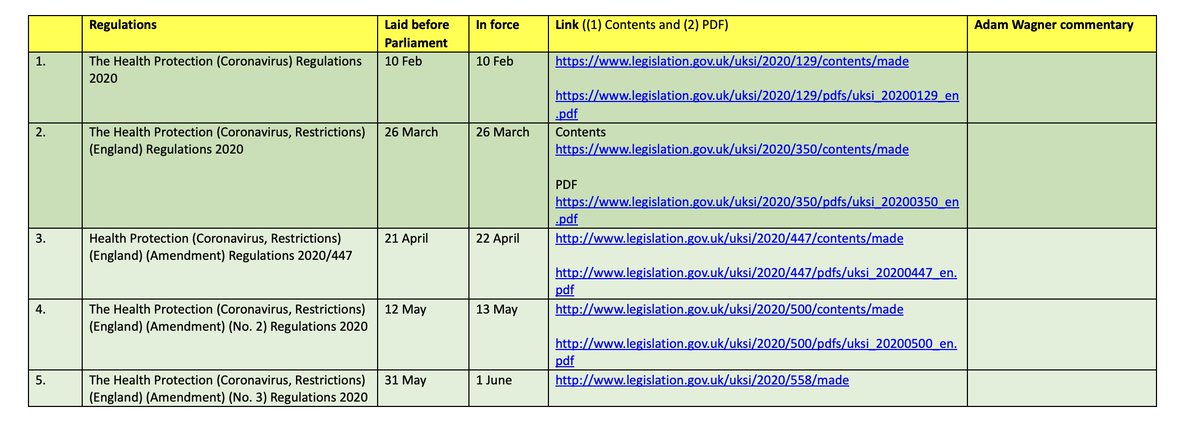
The lockdown laws have imposed stringent restrictions on movement, freedom of association, family life, religion etc. But each and every lockdown law passed has used the super emergency procedure which allows the government to pass them without a parliamentary vote for 28 days
The government did this for months before MPs revolted at which point it promised to put any major changes before parliament first. It has done this since the three tiers in mid-October.
BUT...
(1) The govt is still only giving parliament about 12 hours to consider laws and the vote is a simple yes or no
(2) Changes to tiered areas are not considered major changes so these don't go to a vote until 28 days later by which time it has usually changed.
To explain: since March, the government has used the Public Health (Control of Diseases) Act 1984 to pass lockdown laws - over 60 (I have listed them here https://t.co/5Z1p3gVjbX).

The lockdown laws have imposed stringent restrictions on movement, freedom of association, family life, religion etc. But each and every lockdown law passed has used the super emergency procedure which allows the government to pass them without a parliamentary vote for 28 days
The government did this for months before MPs revolted at which point it promised to put any major changes before parliament first. It has done this since the three tiers in mid-October.
BUT...
(1) The govt is still only giving parliament about 12 hours to consider laws and the vote is a simple yes or no
(2) Changes to tiered areas are not considered major changes so these don't go to a vote until 28 days later by which time it has usually changed.
More from Uk
Just finished reading an article by Iain MacWhirter that is so full of demonstrable falsehoods & logical fallacies that it requires a firm response: So seeing as I’ve done one nuclear thread this week already, I might as well do another... 🧵☢️🏴🇺🇳
Iain is able to correctly identify that the submission that @SNP_SITW group made to the UK #IntegratedReview - and therefore wasn’t policy about an independent Scotland - but that’s where his grip on reality ends.
We called for unilateral disarmament, as I pointed out on Monday: https://t.co/DwHt9knqHh
Iain chooses to elide the fact that our submission was clearly not about policy in an independent Scotland, and therefore seeks to portray our request to the UK Government to be serious about its own commitments to multilateral arms control treaties — like the NPT — as SNP policy
Despite revealing that he knows a thing or two about internal SNP procedures, he then goes on to conflate two unconnected things — our submission, and a putative conference motion that the democratically-elected conferences committee (not the Leadership) decided not to accept
Iain is able to correctly identify that the submission that @SNP_SITW group made to the UK #IntegratedReview - and therefore wasn’t policy about an independent Scotland - but that’s where his grip on reality ends.
We called for unilateral disarmament, as I pointed out on Monday: https://t.co/DwHt9knqHh
Firstly, the easy part: our submission states @theSNP position clearly and unequivocally. It looks pretty unilateral to me \U0001f9d0 https://t.co/03btr7UBVh
— Martin Docherty-Hughes \U0001f3f4\U000e0067\U000e0062\U000e0073\U000e0063\U000e0074\U000e007f\U0001f3f3\ufe0f\u200d\U0001f308 (@MartinJDocherty) November 23, 2020
Iain chooses to elide the fact that our submission was clearly not about policy in an independent Scotland, and therefore seeks to portray our request to the UK Government to be serious about its own commitments to multilateral arms control treaties — like the NPT — as SNP policy
Despite revealing that he knows a thing or two about internal SNP procedures, he then goes on to conflate two unconnected things — our submission, and a putative conference motion that the democratically-elected conferences committee (not the Leadership) decided not to accept
Better late than never. Here we go. What does this deal mean for borders, border formalities, customs & trade facilitation?
Long one. TL:DR very little at the moment but has potential
/1
Borders
When compared to no deal the deal changes very little in terms of border procedures. All formalities and checks will still be required.
Reminder - we're not starting from 0 here – both our container ports and our ro-ro ports are already congested
/2
On top of that, all the issues related to border readiness: lack of capacity and space, IT systems not ready, shortages of customs agents, treader readiness – have not been solved.
The deal doesn’t help with that.
/3

Here is where we are:
☑️The UK will phase-in border formalities over 6 months (customs and SPS)
☑️The EU will introduce full formalities in 3 days (customs + SPS)
☑️Irish Sea border also fully operational in 3 days with some short-term SPS easements
/4
Pre-notifications (safety & security declarations) not initially required on the UK side, needed for imports into the EU.
So what's in the deal?
/5
Long one. TL:DR very little at the moment but has potential
/1
Lots of stuff on technical barriers and customs cooperation. See @AnnaJerzewska for more on the latter. pic.twitter.com/3sC5xHD3Z8
— Steve Peers (@StevePeers) December 26, 2020
Borders
When compared to no deal the deal changes very little in terms of border procedures. All formalities and checks will still be required.
Reminder - we're not starting from 0 here – both our container ports and our ro-ro ports are already congested
/2
On top of that, all the issues related to border readiness: lack of capacity and space, IT systems not ready, shortages of customs agents, treader readiness – have not been solved.
The deal doesn’t help with that.
/3

Here is where we are:
☑️The UK will phase-in border formalities over 6 months (customs and SPS)
☑️The EU will introduce full formalities in 3 days (customs + SPS)
☑️Irish Sea border also fully operational in 3 days with some short-term SPS easements
/4
Pre-notifications (safety & security declarations) not initially required on the UK side, needed for imports into the EU.
So what's in the deal?
/5

















